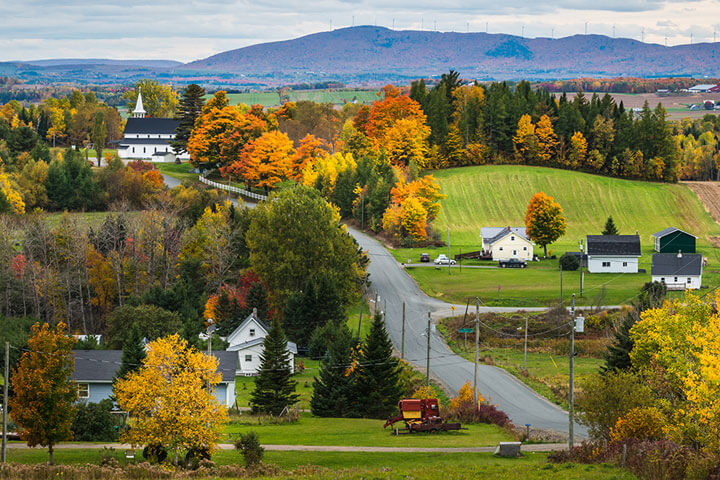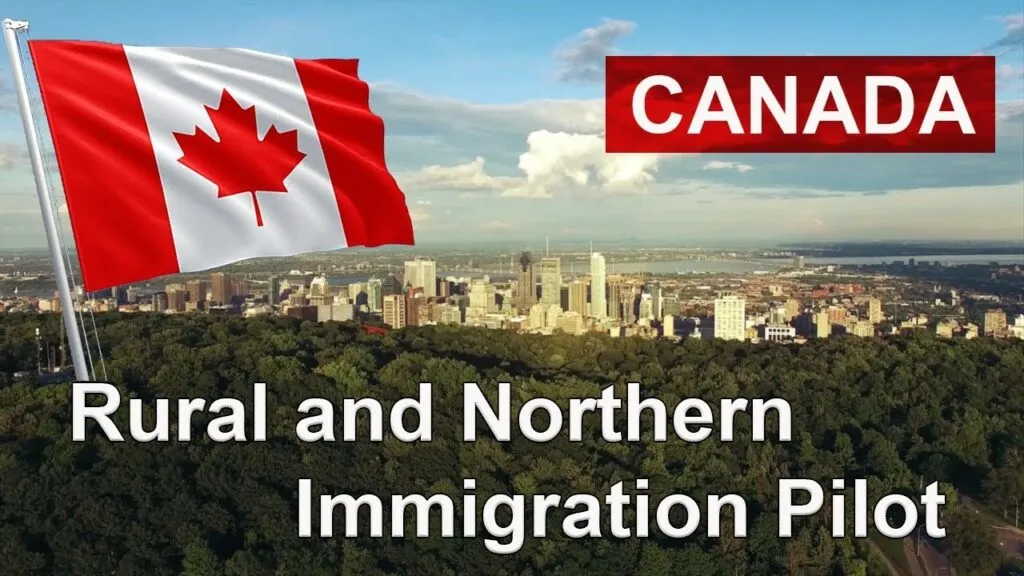Introduction to the Rural and Northern Immigration Pilot (RNIP)
The Rural and Northern Immigration Pilot (RNIP) is a unique Canadian immigration program launched in 2019 to address labor shortages and promote economic growth in smaller communities and remote regions. This pilot program provides a pathway for skilled workers to settle in participating rural and northern areas, contributing to the economic development and long-term sustainability of these communities.
The RNIP recognizes the unique challenges faced by smaller towns and remote regions in attracting and retaining skilled workers. By offering a dedicated immigration stream, the program aims to distribute the benefits of immigration across Canada, while providing opportunities for newcomers to explore and embrace life in rural and northern communities.
Eligibility Requirements for the RNIP
To be eligible for the Rural and Northern Immigration Pilot, applicants must meet the following criteria:
2.1 Work Experience
Applicants must have at least one year of full-time (or equivalent part-time) paid work experience within the last three years in an eligible occupation related to their job offer from a participating community.
2.2 Education
Applicants must possess a minimum of a Canadian secondary (high school) or equivalent foreign educational credential, as well as any required licenses or certifications for their intended occupation.
2.3 Language Proficiency
Proof of language proficiency in English or French is required, with the minimum level varying depending on the specific occupation and community requirements. Accepted language tests include IELTS, CELPIP, TEF, and TCF.
2.4 Settlement Funds
Applicants must demonstrate that they have enough funds to support themselves and their family members upon arrival in Canada. The required settlement fund amount is based on family size and is updated annually.
2.5 Job Offer from an Approved Community
Perhaps the most crucial requirement is having a valid, full-time, and non-seasonal job offer from an employer in one of the participating rural or northern communities. The job offer must be for a position that matches the applicant’s work experience and qualifications.
For detailed information on eligibility criteria, visit the official RNIP website: [Insert relevant government website link]

Participating Communities and Regions
The RNIP involves a diverse range of participating communities and regions across Canada, each offering unique opportunities and experiences. These include:
Rural communities in Western Canada, such as Brandon, Manitoba, and Taber, Alberta.
Northern regions like Yukon, Northwest Territories, and parts of northern Ontario and Quebec.
Smaller towns and cities in Atlantic Canada, such as Gander, Newfoundland and Labrador, and Miramichi, New Brunswick.
The list of participating communities is regularly updated by Immigration, Refugees and Citizenship Canada (IRCC). You can find the current list on the official RNIP website: [Insert relevant government website link]
Application Process for the RNIP
The application process for the Rural and Northern Immigration Pilot involves three main steps:
Step 1: Expression of Interest
Eligible candidates must first create an online Expression of Interest (EOI) profile through the RNIP candidate portal. In the EOI, applicants provide personal information, details about their education, work experience, language proficiency, and job offer from a participating community.
Step 2: Invitation to Apply
Based on the information provided in the EOI, candidates are assessed and scored according to the RNIP’s selection criteria. Candidates with the highest scores are invited to apply for permanent residence through periodic invitation rounds.
Step 3: Submission of Application
Once invited, candidates must submit their complete application for permanent residence, along with all required supporting documents, within a specified timeframe. After the application is reviewed and approved, successful applicants receive their permanent resident visa.

Benefits of the RNIP
The Rural and Northern Immigration Pilot offers numerous benefits for skilled workers and their families:
5.1 Pathway to Permanent Residence
The RNIP provides a direct pathway to obtaining permanent residency in Canada, allowing successful applicants and their families to live, work, and establish roots in their chosen community.
5.2 Community Support and Integration
Participating communities are committed to supporting the settlement and integration of newcomers through various services and initiatives, such as assistance with housing, language training, community connections, and general guidance.
5.3 Job Opportunities in Remote Areas
The RNIP addresses labor shortages in rural and northern regions, offering opportunities for skilled workers to find meaningful employment in industries that may be underserved in these areas.
5.4 Exploring Canada’s Natural Beauty
Rural and northern communities often boast stunning natural landscapes, from rugged coastlines to vast forests and mountains. The RNIP offers a chance to immerse oneself in Canada’s natural beauty while contributing to the local economy.
Frequently Asked Questions (FAQs)
What is the difference between the RNIP and other Canadian immigration programs?
The RNIP is specifically designed to address labor shortages and promote economic growth in smaller communities and remote regions of Canada. Unlike other programs, it requires applicants to have a job offer from an approved community participating in the pilot.
How long is the RNIP valid for?
The RNIP was initially launched as a pilot program in 2019 and was initially set to run until 2024. However, the government has recently announced an extension of the pilot until 2025.
Can I include my family members in my RNIP application?
Yes, you can include your spouse or common-law partner and dependent children in your RNIP application. Their eligibility will be assessed as part of your application.
What kind of support can I expect from the participating community?
Participating communities in the RNIP are committed to providing settlement and integration support to approved newcomers. This may include assistance with housing, community services, language training, and general guidance to help you adapt to life in the community.
Is it possible to change jobs or move to a different community after obtaining permanent residence through the RNIP?
After becoming a permanent resident, you are generally free to live and work anywhere in Canada. However, the RNIP encourages applicants to remain in the community that initially supported their immigration for a reasonable period.
How can I find out which communities are participating in the RNIP?
The list of participating communities is regularly updated by Immigration, Refugees and Citizenship Canada (IRCC). You can find the current list of approved communities on the official RNIP website: https://www.canada.ca/en/immigration-refugees-citizenship/services/immigrate-canada/rural-northern-immigration-pilot/pr-eligibility.html
Conclusion
The Rural and Northern Immigration Pilot (RNIP) represents a unique opportunity for skilled workers and their families to explore a different side of Canada – one that offers rewarding job opportunities, vibrant community life, and breathtaking natural landscapes. By meeting the eligibility criteria, securing a job offer from a participating community, and navigating the application process successfully, newcomers can embark on a journey to build their future in Canada’s remote regions.
Whether you’re drawn to the rugged beauty of the northern territories, the charming small towns of Atlantic Canada, or the rural communities of the prairies, the RNIP provides a gateway to experience the rich cultural tapestry and diverse experiences that these areas have to offer. With the support of welcoming communities and a commitment to economic growth, this program offers a unique opportunity to contribute to the development of Canada’s remote regions while creating a fulfilling life for yourself and your family.
Embracing the challenges and opportunities that come with settling in a rural or northern community can be a rewarding and transformative experience. The RNIP encourages newcomers to immerse themselves in the local culture, forge meaningful connections, and actively participate in the vibrant community life that defines these areas.
As you embark on this journey, remember to stay informed, seek guidance from reliable sources, and approach the process with determination and an open mind. The rewards of life in Canada’s remote regions – from stunning natural landscapes to warm community connections – await those who are willing to embrace the adventure.

